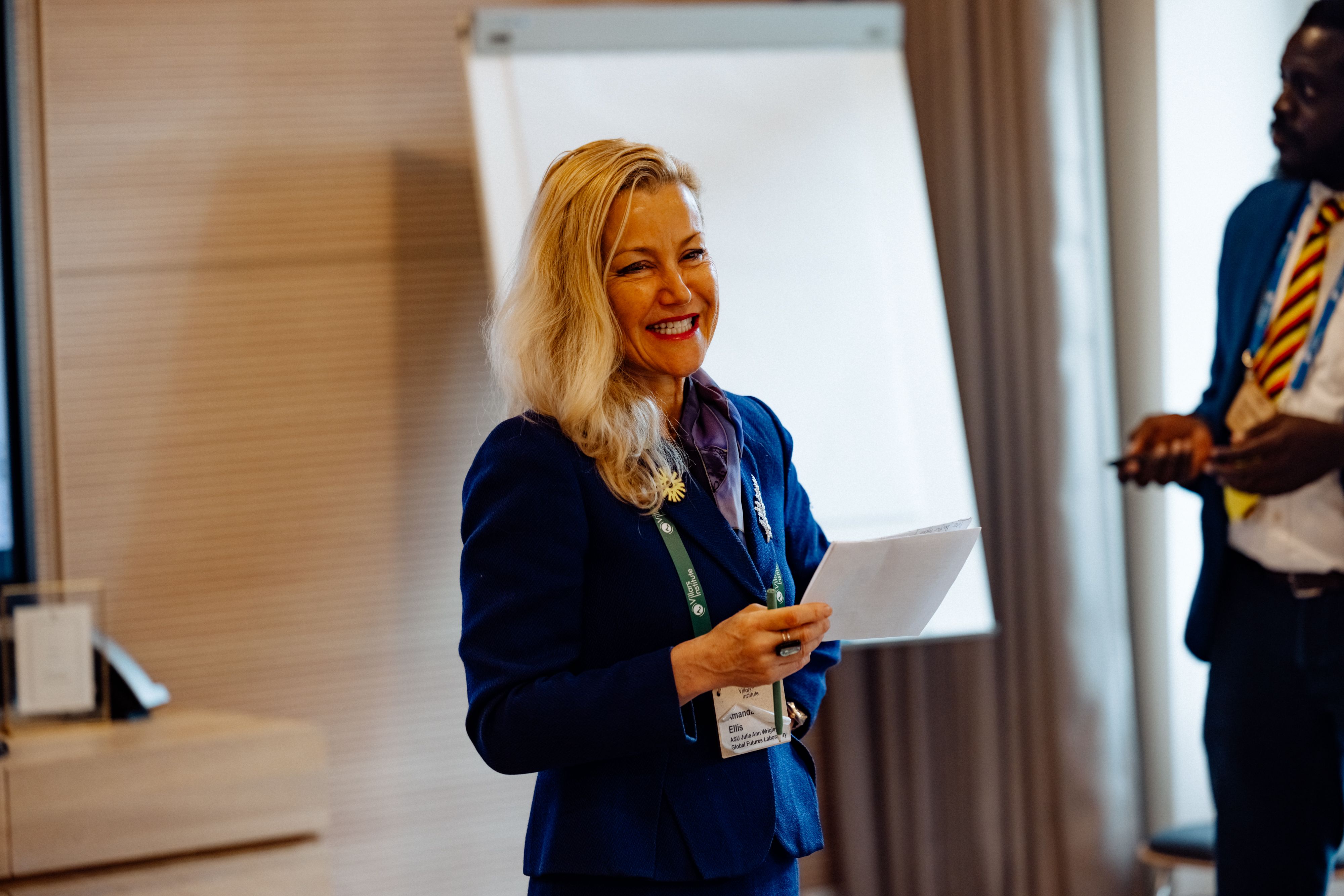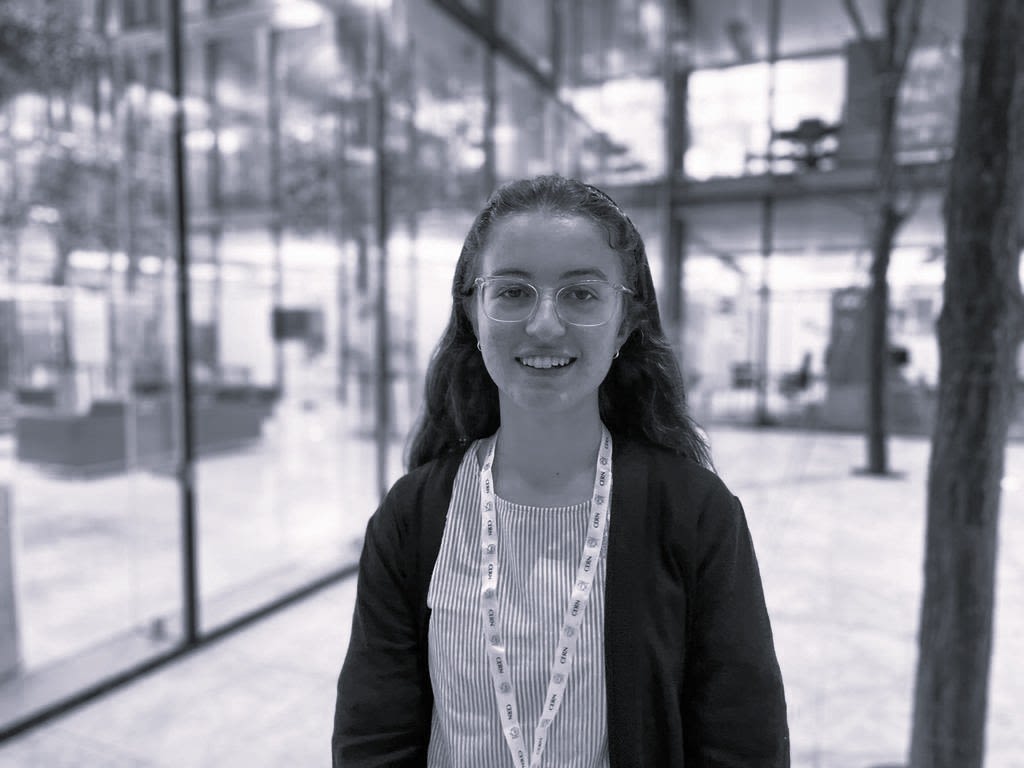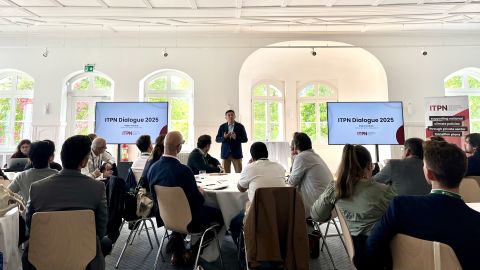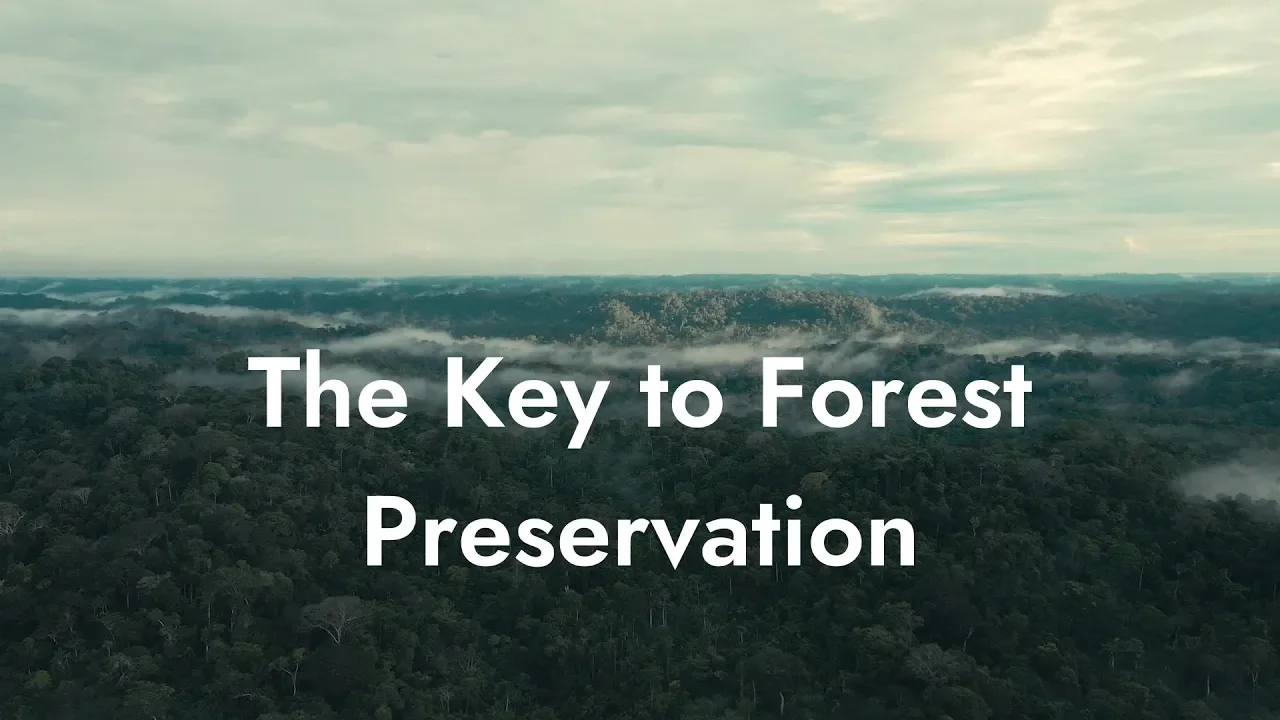Ideas from the Speakers
The discussion called on policymakers, businesses, and innovators to rethink how we drive systemic change. Emphasizing the need to think seven generations ahead, the speakers collectively argued that the future must involve radical shifts in both mindset and practice. One of the session’s central themes was the transformative potential of data—specifically, how democratizing access to robust climate information can empower decision-makers. Traditional approaches and outdated models have brought us to our current impasse and will not suffice for the future. To transition from the old economy to a truly sustainable one, it is essential to rethink policymaking by making comprehensive climate data accessible and understandable to all.
The discussion highlighted efforts to organize and analyze a vast array of documents—from national laws and international policy submissions to industry insights—into a single, open-source platform. This tool is designed to cut through the overwhelming volume of information and provide decision-makers with structured, actionable data. By bridging the gap between policy and practice, this approach ensures that choices are informed by both successes and failures within the complex realities of climate science.
In an era where artificial intelligence (AI) holds great potential but also presents challenges, the emphasis on responsible, transparent AI reinforces the commitment to inclusive and well-informed policy formulation. Another compelling idea concerned the circular economy, and particularly how waste can be transformed into value. One speaker described a pioneering project that reimagines waste management not as an environmental burden but as an opportunity. This approach involves converting agricultural and urban waste into energy and other valuable by-products through processes such as biomass gasification. In practical terms, the innovation works by capturing CO₂ from engine exhaust and repurposing it. For instance, biochar, a pure carbon product, can replace sand in concrete, resulting in faster and stronger curing processes, and can also help generate electricity when connected to a mini-grid system. This multipurpose approach not only tackles the pressing issue of waste management but also creates new revenue streams. By integrating technologies like blockchain for supply chain transparency and partnering with local farmers, this initiative fosters an ecosystem in which market-driven solutions and environmental benefits thrive side by side.
Another area of innovation focused on rethinking carbon management in battery technologies. One speaker presented a breakthrough approach that leverages decades-old space technology to transform CO₂ into usable carbon. This process, often described as “reversing fire,” involves capturing carbon at the atomic level and integrating it into products such as low-carbon battery anodes, concrete, paints, and composite materials. This transformative idea seeks to turn a pollutant into a resource. By integrating captured carbon into various applications, the technology not only reduces the carbon footprint of high-energy industries like electric vehicle manufacturing but also has the potential to be carbon negative. Although economic and scalability challenges remain, this breakthrough represents the bold thinking necessary to drive a more sustainable future.
Insights from the Audience
Many participants, inspired by the prospects of democratizing data, harnessing waste as a resource, and revolutionizing carbon management, engaged in animated discussion. The conversation evolved into a collaborative forum with participants offering help and exploring concrete opportunities for partnership. A sense of shared purpose emerged: professionals from various sectors explored ways to work together to further refine these initiatives. Enthusiastic participants stressed that breaking free from familiar, outdated methods generates fresh ideas that could lead to actionable change. The discussion was a clear reminder that the journey to net zero is not solely about adopting new technologies but is equally about cultivating a mindset that embraces risk, fosters creativity, and willingly promotes collaboration across disciplines. Participants emphasized that when change is not easy or accessible, organizations tend to revert to what they already know. This consensus reinforced the notion that stepping out of comfort zones is critical.
The palpable energy in the room, with many offering resources, expertise, and new ideas, highlighted that innovation thrives best in an environment where knowledge is shared openly and barriers to collaboration are dismantled. The session was a call to move beyond the old formulas that have defined our environmental policies for too long. It underscored the urgent need for accessible data, creative waste management strategies, and revolutionary approaches to industrial processes, all of which are crucial for achieving net-zero emissions. The ideas shared by the speakers, combined with the vibrant, collaborative dialogue that followed, offer a roadmap for a future in which climate change is not just combated but fundamentally reimagined through bold, inclusive, and innovative strategies.










